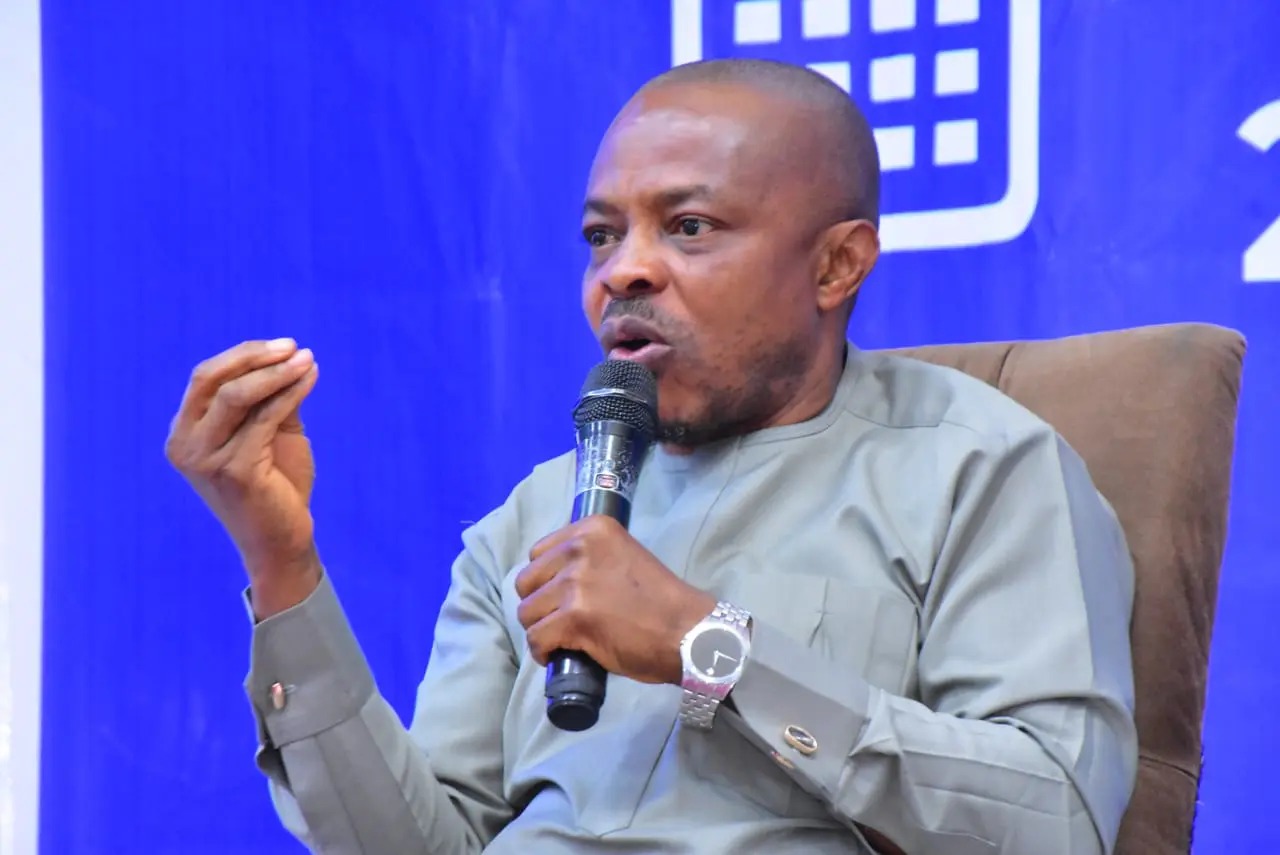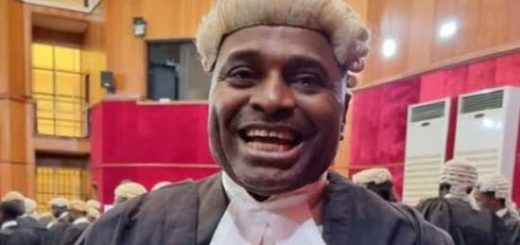“Ajaero Accuses Governors of Abandoning Their States, Living in Abuja”
 The Nigeria Labour Congress (NLC) has called out state governors for neglecting their responsibilities and spending most of their time in Abuja, leaving their citizens to face growing economic difficulties.
The Nigeria Labour Congress (NLC) has called out state governors for neglecting their responsibilities and spending most of their time in Abuja, leaving their citizens to face growing economic difficulties.
Speaking at a town hall meeting with workers at the NLC Secretariat in Lokoja, Kogi State, NLC President Comrade Joe Ajaero expressed his frustration over the increasing trend of absentee governors. He revealed that during his visits to five different zones, only one governor was available to meet with them. “Most governors now live permanently in Abuja. We have visited about five zones, and in only one did we meet the governor. Each time we arrive, they are in Abuja. This is affecting governance,” Ajaero lamented.
The meeting, aimed at providing workers with an opportunity to voice their concerns, coincided with the commissioning of 10 Compressed Natural Gas (CNG) buses by the NLC to alleviate transportation challenges in the state.
Ajaero raised alarm over the economic hardships faced by workers, pointing out the rising cost of living and the government’s plans to hike telecom tariffs. He stressed the importance of governors being physically present in their states to ensure that democracy delivers real benefits to the people. “I think we should be able to manage the center and the units so that people can experience the dividends of democracy and speak directly to their leaders,” he said.
Kogi State, under the leadership of Governor Ahmed Usman Ododo, a former NLC official, was expected to be more sensitive to workers’ struggles. The state’s deputy governor also has a background in the Nigeria Union of Teachers (NUT), which made the situation even more disappointing for Ajaero. “This is a homecoming for us. We want to engage with them and find out whether they are doing the things we once criticized others for,” he remarked.
Ajaero was shocked to learn that labor unions in Kogi State’s tertiary institutions—Kogi State Polytechnic, Kogi State University, and the State Colleges of Education, Technology, and Nursing—had been banned by the state government for over a decade. He stressed the legal protection of unions, saying, “Union practice falls under the Exclusive Legislative List in the Constitution. No governor has the power to ban them. You cannot ban what you do not control. Unions are registered nationally by the Registrar of Trade Unions.”
The workers in Kogi highlighted several pressing issues, including the failure to implement annual salary increases, lack of housing for workers, and teacher shortages in primary and junior secondary schools.
Ajaero assured the workers that the NLC would take their concerns to the governor—provided he was available. “The information you are going to give us is conditional. If the governor is around, we will convey it to him. If he’s not, we will pass it to whoever he sends,” he stated.
With economic hardship continuing to impact the lives of citizens and workers struggling to make ends meet, the NLC’s call for accountable governance has never been more urgent. The question remains: Will absentee governors heed the call to return to their states and address the pressing issues, or will they continue to abandon their duties while their people suffer?













